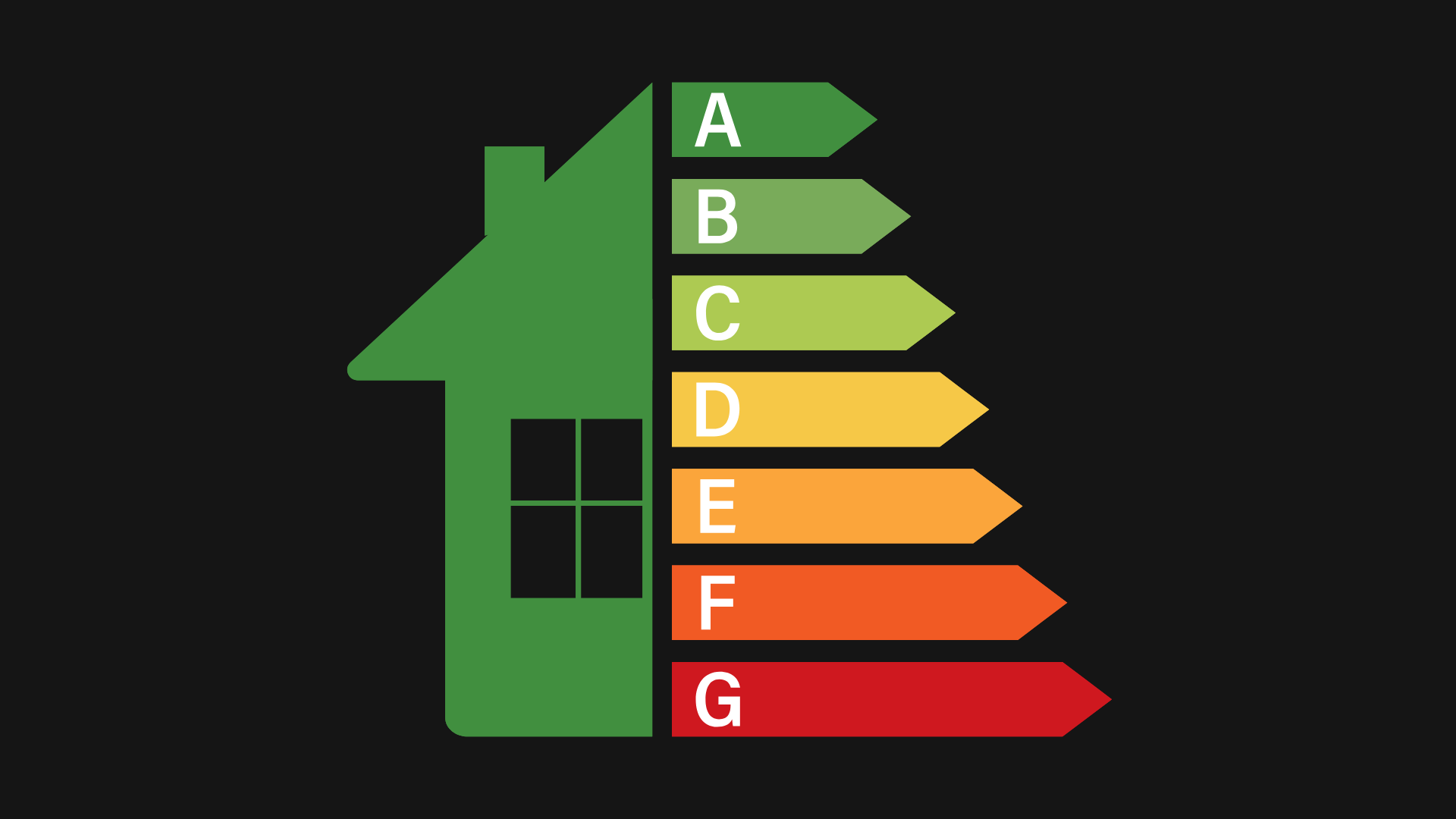

CHANGES TO EPC ASSESSMENT METHODS

The Government has recently updated the approved calculation methodologies for calculating the energy performance of buildings in England, providing a more favourable outlook towards electrical heating.
Robert Knowles FRICS FCABE MWPWS is a practicing Energy Performance Certificate assessor since 2007. Robert utilises his knowledge of modern efficiency improvements to assist Clients in finding practical solutions to comply with energy efficiency legislation.
Robert outlines the importance of the changes and how this has impacted the ability for Landlords to comply with the Minimum Energy Efficiency Standard Regulations 2015, whilst meeting ever-changing Tenant requirements.
The Climate Change Act 2008 was the UK’s legislative response to tackling climate change. It was identified that to achieve the 2050 target set out within the Climate Change Act, CO2 emissions from all buildings must be close to zero by 2050. Currently, commercial buildings account for approximately 12% of carbon emissions, with 18% of non-domestic properties being rated F and G; the very lowest Energy Performance Certificate bands.
Consequently, the government introduced the Minimum Energy Efficiency Standard Regulations 2015, which came into force in April 2018. This placed a responsibility on landlords to ensure their let properties met a minimum Energy Performance Certificate (EPC) rating of E.
In response, the approved calculation methodologies for calculation within the Standard Assessment Procedure, utilised by EPC assessors has been revised. The key revision which has been welcomed across the industry relates to the CO2 emissions factor for electricity, which has since been reduced. Historically, electrical provision has been viewed as unfavourable, compared to gas provision in the context of EPC assessments, despite a positive shift in attitude towards the use of electrical heating within non-commercial assets as more sustainable electrical sources and energy efficient products become available.
With the revised SAP now in force, Landlords will in the short term find it easier to provide MEES complaint assets, which are marketable and appealing to prospective Tenants.
However, the Minimum Energy Efficiency Standards are likely to increase to Band C by 1st April 2025, and Band B by 1st April 2027. As such, there is a need now to consider which properties will be at risk and the strategies that are needed to ensure improvement and compliance.
If you need assistance in preparing a new EPC for your commercial asset, please contact Robert Knowles here.
The Government has recently updated the approved calculation methodologies for calculating the energy performance of buildings in England, providing a more favourable outlook towards electrical heating.
Robert Knowles FRICS FCABE MWPWS is a practicing Energy Performance Certificate assessor since 2007. Robert utilises his knowledge of modern efficiency improvements to assist Clients in finding practical solutions to comply with energy efficiency legislation.
Robert outlines the importance of the changes and how this has impacted the ability for Landlords to comply with the Minimum Energy Efficiency Standard Regulations 2015, whilst meeting ever-changing Tenant requirements.
The Climate Change Act 2008 was the UK’s legislative response to tackling climate change. It was identified that to achieve the 2050 target set out within the Climate Change Act, CO2 emissions from all buildings must be close to zero by 2050. Currently, commercial buildings account for approximately 12% of carbon emissions, with 18% of non-domestic properties being rated F and G; the very lowest Energy Performance Certificate bands.
Consequently, the government introduced the Minimum Energy Efficiency Standard Regulations 2015, which came into force in April 2018. This placed a responsibility on landlords to ensure their let properties met a minimum Energy Performance Certificate (EPC) rating of E.
In response, the approved calculation methodologies for calculation within the Standard Assessment Procedure, utilised by EPC assessors has been revised. The key revision which has been welcomed across the industry relates to the CO2 emissions factor for electricity, which has since been reduced. Historically, electrical provision has been viewed as unfavourable, compared to gas provision in the context of EPC assessments, despite a positive shift in attitude towards the use of electrical heating within non-commercial assets as more sustainable electrical sources and energy efficient products become available.
With the revised SAP now in force, Landlords will in the short term find it easier to provide MEES complaint assets, which are marketable and appealing to prospective Tenants.
However, the Minimum Energy Efficiency Standards are likely to increase to Band C by 1st April 2025, and Band B by 1st April 2027. As such, there is a need now to consider which properties will be at risk and the strategies that are needed to ensure improvement and compliance.
If you need assistance in preparing a new EPC for your commercial asset, please contact Robert Knowles here.

